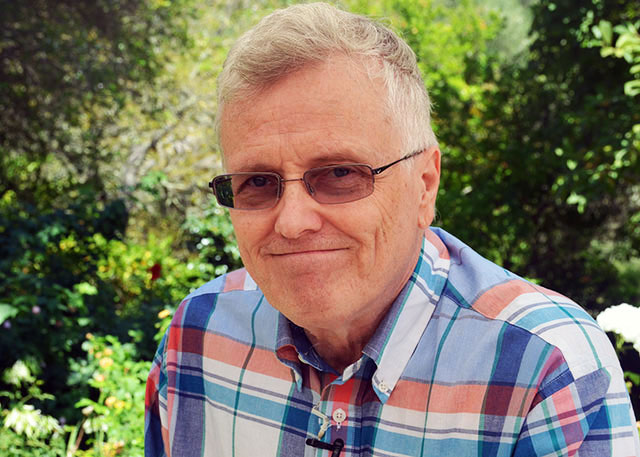Edge Master Class 2015: Philip Tetlock: A Short Course in Superforecasting [1]

INTRODUCTION
On the weekend of July 30th, Edge convened one of its "Master Classes." [3] In the past, these classes have featured short courses taught by people such as psychologist and Nobel Laureate Daniel Kahneman [4] ("A Short Course in Thinking About Thinking"); behavioral economists Richard Thaler [5]and Sendhil Mullainathan [6], again with Kahneman ("A Short Course in Behavioral Economics"); and genomic researchers George Church [7] and J. Craig Venter [8]("A Short Course on Synthetic Genomics").
This year, the psychologist and social scientist Philip E. Tetlock [9]presented the findings based on his work on forecasting as part of the Good Judgment Project. In 1984, Tetlock began holding "forecasting tournaments" in which selected candidates were asked questions about the course of events: In the wake of a natural disaster, what policies will be changed in the United States? When will North Korea test nuclear weapons? Candidates examine the questions in teams. They are not necessarily experts, but attentive, shrewd citizens.
Steven Pinker [10], who has written about Tetlock's work on Superforecasting, noted that "Tetlock is one of the very, very best minds in the social sciences today. He has come up with one brilliant idea after another, and superforecasting is no exception. Everyone agrees that the way to know if an idea is right is to see whether it accurately predicts the future. But which ideas, which methods, which people have an actual, provable track record of non-obvious predictions vindicated by the course of events? The answers will surprise you, and have radical implications for politics, policy, journalism, education, and even epistemology—how we can best gain knowledge about the world we live in."
Among Tetlock's "students" at the Edge weekend were many intellectual heavyweights including political scientist and National Medal of Science winner Robert Axelrod [11]; psychologist, Nobel Laureate, and recipient of the 2013 Presidential Medal of Freedom Daniel Kahneman [4]; the political scientist and Director of Stanford’s CASBS Margaret Levi [12]; Google Senior Vice President Salar Kamangar [13]; psychologist and National Medal of Science winner Anne Treisman [14]; Roboticist Rodney Brooks [15], former head of MIT's Computer Science Lab; W. Daniel Hillis [16], pioneer in massively parallel computation; medical inventor Dean Kamen [17]; and Peter Lee [18], Corporate Vice President, Microsoft Research, overseeing MSR NExT.
Over the weekend in Napa, Tetlock held five classes, which are being presented by Edge in their entirety (8.5 hours of video and audio) along with accompanying transcripts (61,000 words). Commenting on the event, one of the participants wrote:
"The interesting thing is that this is not about a latest trend that might scale in one or two years, but about real change that might take a decade or two. Also, these masterclasses are not only much more profound than any of the conferences popularizing contemporary intellectualism. The possibility to spend that much time with the clairvoyants in a setting like this also gives you a sense of community so much greater than any of the advertised."
Enjoy!
Best,
John Brockman [19]
Editor, Edge
PHILIP E. TETLOCK [20], Political and Social Scientist, is the Annenberg University Professor at the University of Pennsylvania, with appointments in Wharton, psychology and political science. He is co-leader of the Good Judgment Project [21], a multi-year forecasting study, the author of Expert Political Judgment and (with Aaron Belkin) Counterfactual Thought Experiments in World Politics, and co-author (with Dan Gardner) of Superforecasting: The Art & Science of Prediction [2] (forthcoming, US, Crown, September 29th; UK, Random House, September 24th). Further reading on Edge: "How To Win At Forecasting: A Conversation with Philip Tetlock" [22] (December 6, 2012). Philip Tetlock's Edge Bio Page [20].

